Deacon Prodencio Bognay reads and reflects on the Gospel of Matthew (9: 9-13) in which Jesus calls Matthew to follow him and the Pharisees ask of his disciples ‘Why does your master eat with tax collectors and sinners?’.
What I want is mercy not sacrifice: Deacon Prodencio says, there is no doubt that receiving or being shown mercy is good news, especially when we feel helpless. Showing mercy, or becoming an agent of mercy, to those in need is good news as well.
As far as the good news through mercy is concerned, we talk about either receiving it or giving it ourselves. It is something we can wait to come to our life, but it is also something we can make happen wherever we are. When Jesus mingled with those people ostracized by the community, like the sick and the tax collectors, it was obvious that he valued spreading the good news of Salvation by showing mercy to those in need rather than simply advising them to perform all the sacrifices that their purification laws prescribed.
It is interesting to note, says Deacon Prodencio, that during the time of Jesus many people claimed to be pious by observing all the religious rituals and obligations but they were quick to avoid getting in contact with the sick and sinners for fear of becoming impure themselves. The temptation for self-righteousness and feeling spiritually superior was common while the social aspect of the good news through helping one another went missing.
By interacting those outcast during his time, Jesus took the radical move to bring the social aspect of spreading the good news. He did not only preach the good news about the Divine Mercy of God, he also showed how it can be celebrated by reaching out to those in need.
Whether we talk about helping in a big scale or in simple ways, a help is a help. What matters, says Deacon Prodencio, is that we keep spreading what Jesus himself said: What I want is mercy not sacrifice.

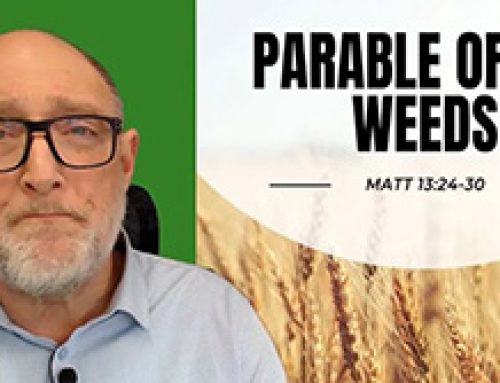
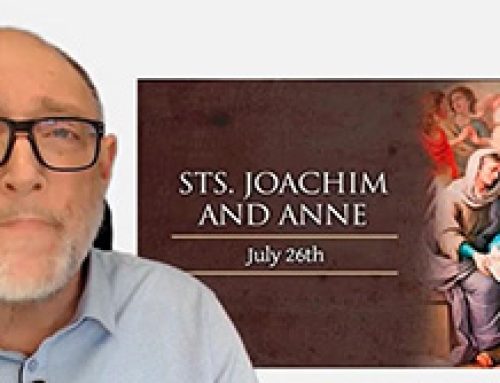
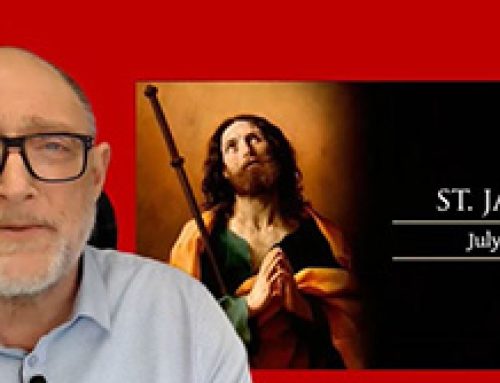
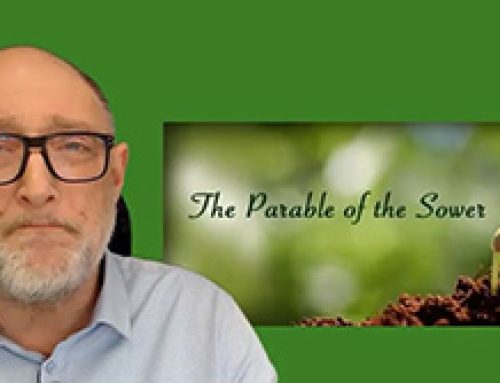
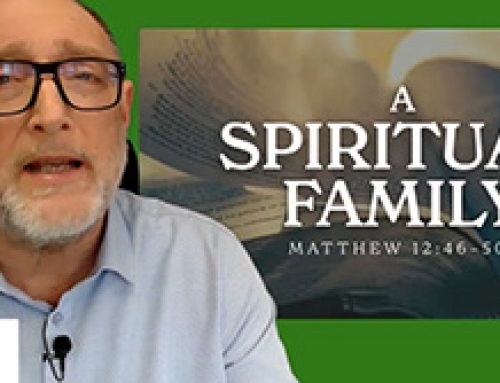
Leave A Comment